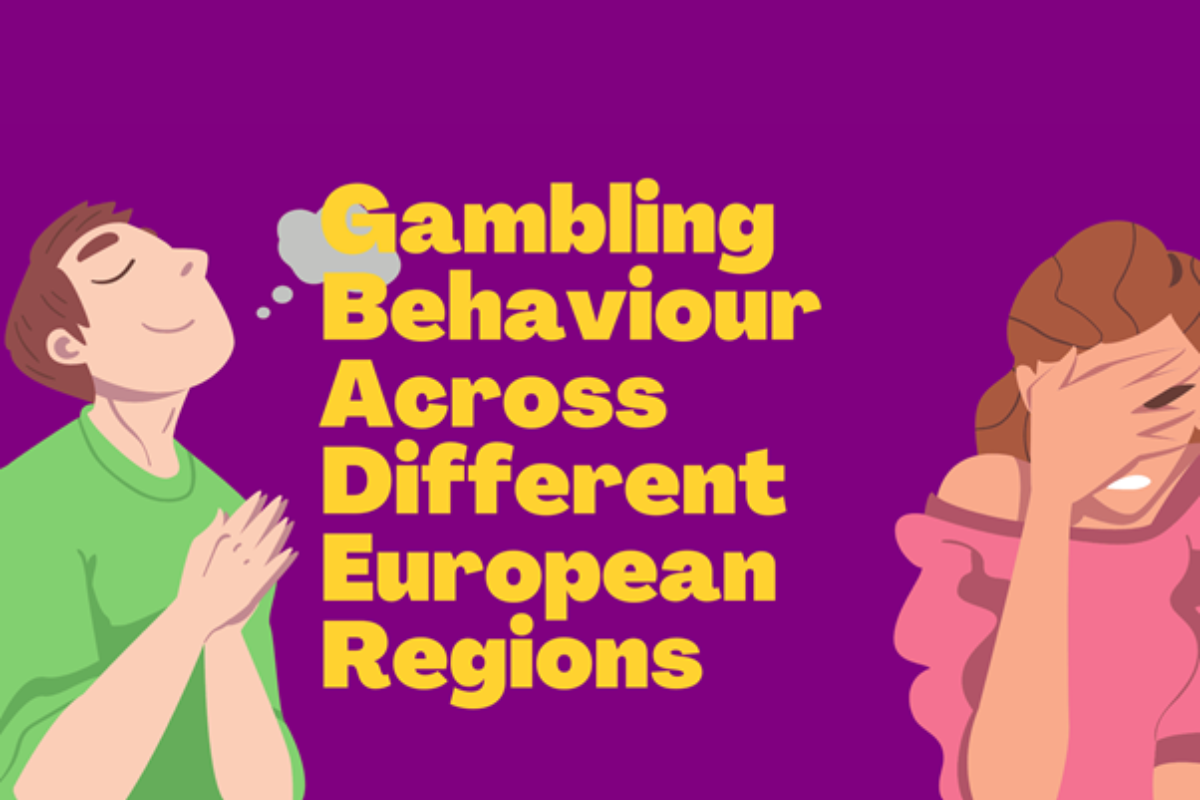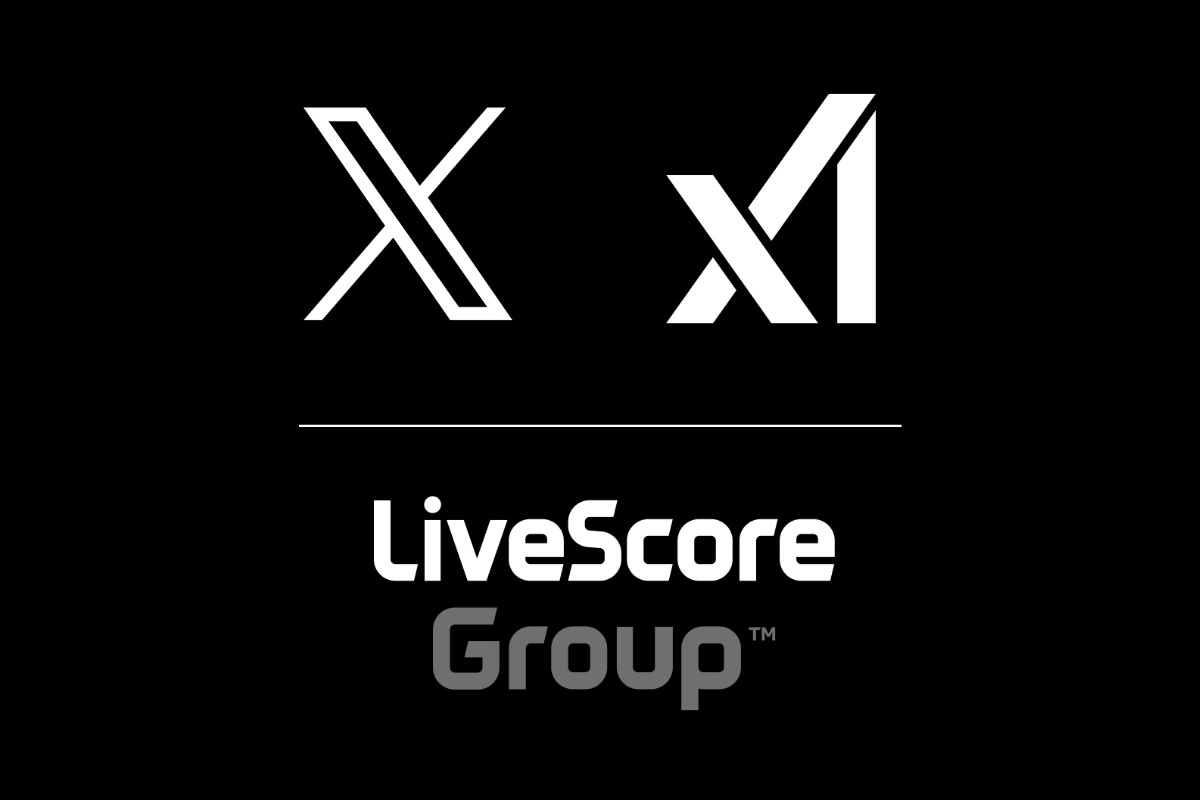Latest News
Hungary’s online gambling law not in accord with EU’s treaty for free movement of services in the union
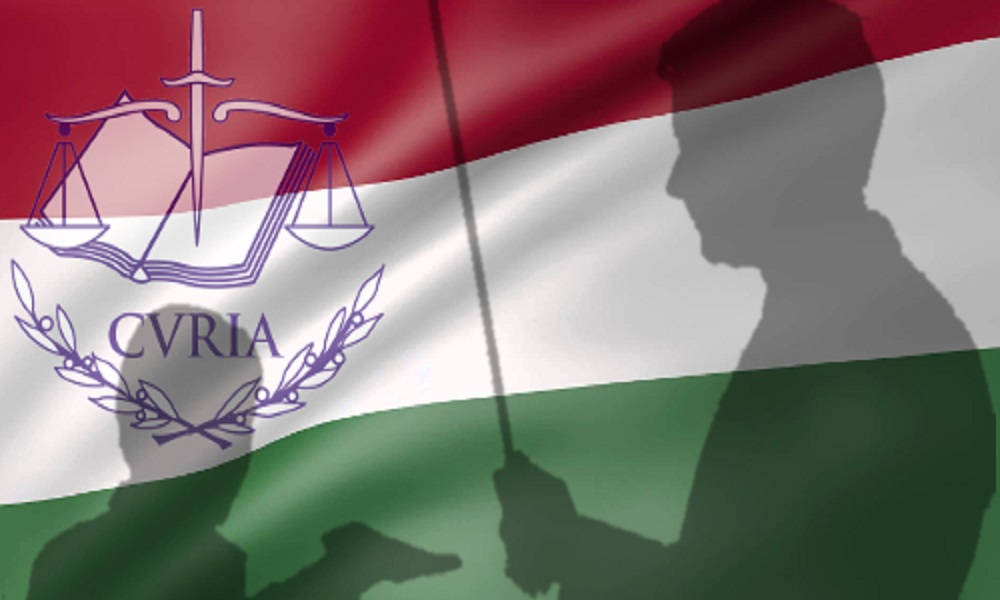
It was identified that the law on the permission of licenses for the operation of brick-and-mortar casinos and that relating to the grant of licenses for the provision of online casino services in Hungary are not in sync with EU’s treaty for the advancement of services without hindrances across the union, according to the Court of Justice of the European Union.
With regard to this, in a statement given yesterday, Europe’s top court explicated its latest ruling on Hungary’s gambling regulations, emphasising that certain provisions in these were out of accord to the established EU-wide laws.
CJEU’s ruling was in association with a case brought by UK online gambling operator Sporting Odds. The operator had preceedingly been found to have extended online gambling services in Hungary irrespective of not possessing a license from local regulators.
In 2016, the Hungarian Tax Authority detected Sporting Odds’ breach of the country’s gambling regulations and fined the operator HUF3.5 million (approximately $13,600). Sporting Odds brought the matter to the country’s Administrative and Labor Court (Fővárosi Közigazgatási és Munkaügyi Bíróság), requesting annulment of the tax authority’s fine.
The Hungarian court, in turn, turned to CJEU to rule whether the country’s existing regulations for the provision of games of chance at brick-and-mortar facilities and via the Internet were in breach of EU regulations.
Under Hungary’s gambling regulations, only operators of land-based casinos across the country are able to obtain licenses from local regulators to provide online casino games. CJEU ruled today that that particular provision in the country’s gambling law represents a “radical restriction” of EU treaties for the free movement of services across Member States.
Europe’s top court also pointed out that Hungary’s gambling law discriminated international online casino operators without physical presence in the country and prevented them from entering the local market.
Hungarian gambling regulations contain provisions for the organization of calls for tender for interested operators. However, the country has not launched any such calls, as noted by CJEU. The court further pointed out that another provision that required operators to be present in the local market for at least a decade so as to be eligible for a license without having to participate in a call for tender further disadvantaged international companies.
CJEU issued a similar ruling in a case involving major online gambling operator Unibet last summer. Unibet had been fined by Hungarian regulators for providing unlicensed gambling services to local players. The operator, in turn, brought the issue to court, arguing that Hungary’s gambling regulatory framework put it at a serious disadvantage to local gambling operators and seeking to have the penalty dismissed.
CJEU ruled that the Hungarian Tax Authority could not impose fines as the country’s restrictive gambling system was not compatible with treaties for the free provision of services within the European Union.
-

 Asia7 days ago
Asia7 days agoDigital gaming disruption tackled in 1st AsPac Regulators’ Forum
-

 Africa7 days ago
Africa7 days agoBetKing Renews Ikorodu City FC Partnership for 2025/26 NPFL Season
-

 Compliance Updates7 days ago
Compliance Updates7 days agoKongebonus statement: Norway’s election result signals gambling policy continuity, but licensing debate is set to intensify
-
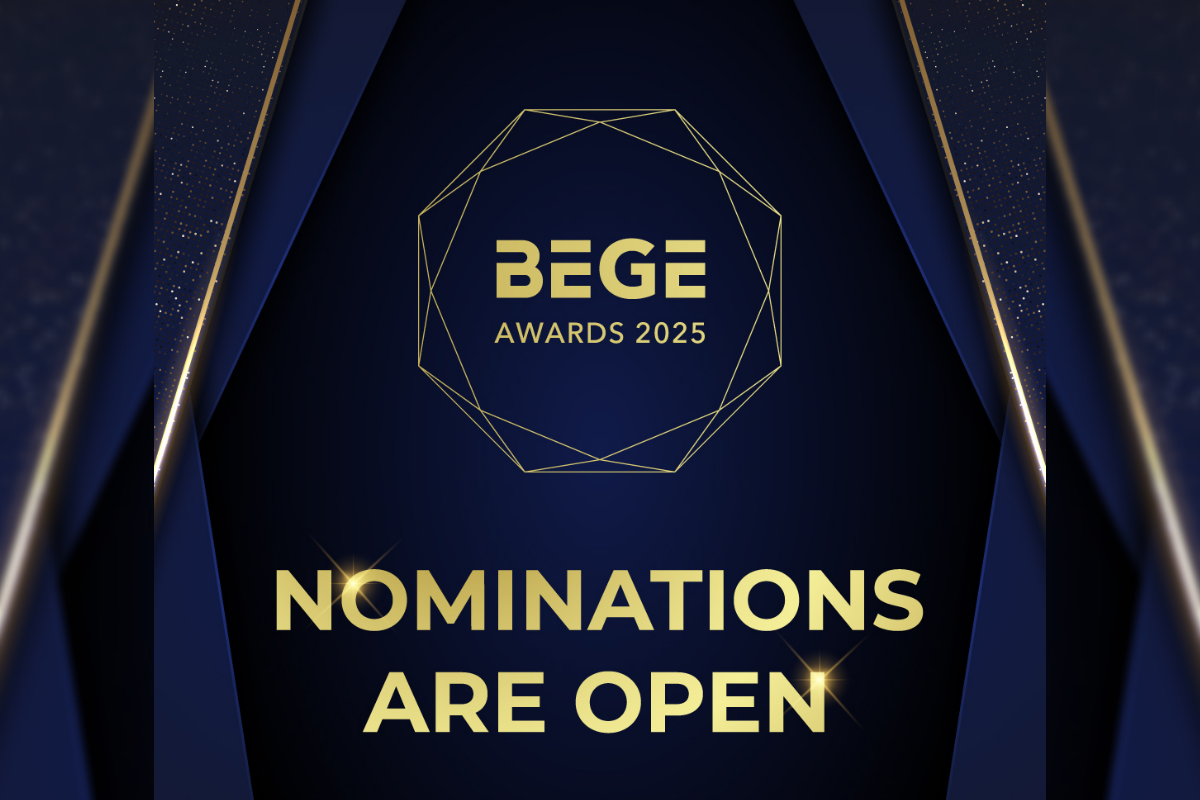
 Balkans7 days ago
Balkans7 days agoBEGE Awards Nominations Now Open – Celebrating 16 Years of Industry Excellence!
-

 Latest News7 days ago
Latest News7 days agoWin a Fruity Fortune in BGaming’s Bonanza Trillion
-

 Latest News7 days ago
Latest News7 days agoAnswer the Call of the Wild: ELA Games Unveils Its Latest Game “Buffalo Force”
-

 Latest News7 days ago
Latest News7 days agoSaddle up for big wins under the Bison Moon with the latest slot from Northern Lights Gaming
-
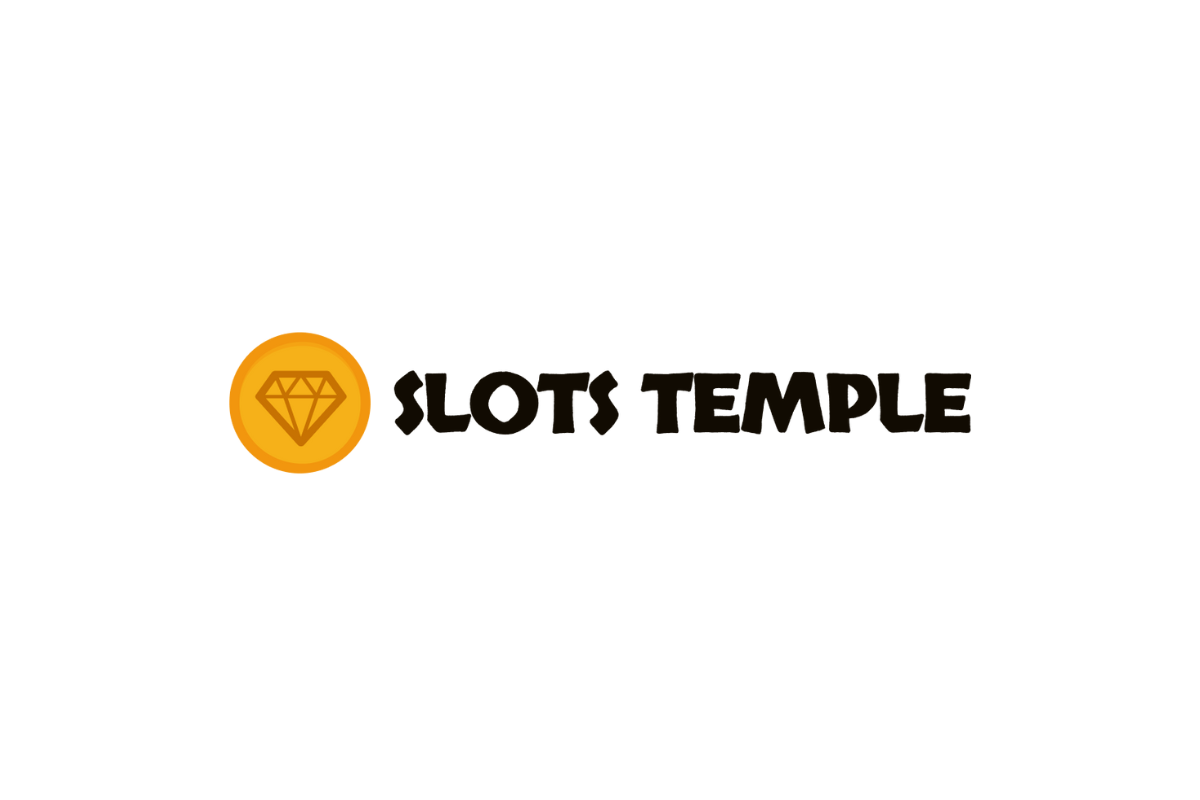
 Latest News7 days ago
Latest News7 days agoSlots Temple Announces Exclusive Free-to-Play Tournament Partnership with Pragmatic Play













